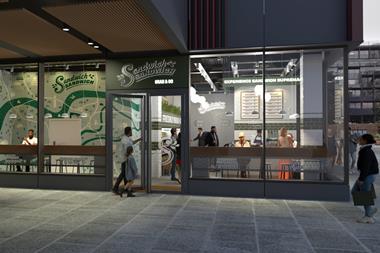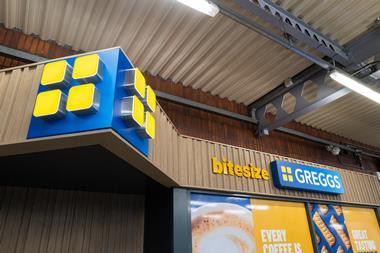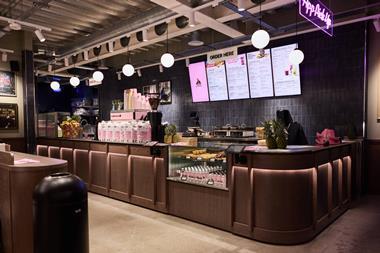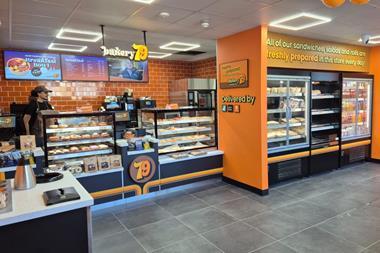The Co-operative Group blamed tough supermarket competition and unseasonable bad weather for a drop in its half-year financial results.
The firm, which published its interim results for the 26 weeks ending 30 June 2012, revealed a drop in underlying operating profit to £174m overall, compared with a profit of £264m in the same period last year. Food sales fell 2.2% overall, as well as a 1.2% decline in like-for-like sales (LFLS).
The Co-operative convenience store chain saw LFLS increase by 1.4% during the half-year period, with the company highlighting “encouraging sales” in new trial stores, with LFLS up more than 12%.
The company said operating profit fell to £119m this year from £142m in 2011, adding that it would continue to invest in lower prices for customers, the store estate, supply chain and distribution network and extended opening hours.
Peter Marks, group chief executive of The Co-operative Group, said: “A year ago I warned that we were operating in the worst conditions that I have seen in more than 40 years in business. The results we are announcing today show the full impact of that with the profitability of our two biggest businesses affected.
“None of this was unexpected and we had planned for this outcome, so were well prepared. And the current environment only highlights again the strength of our ownership model that lets us plan for the longer term by continuing to invest to ensure our businesses maintain momentum and our customers are always offered value with values. We are supported in this by our healthy financial position, with a robust balance sheet and strong cash position.”
Looking ahead, the Group has agreed to a £950m refinancing deal, as part of a wider investment plan of £2bn over the next three years across the company’s various divisions.
Under its food division, The Co-op Group said it was on track to deliver 80 new stores this year and increase its trading hours by 15,000 hours each week.
Marks added: “Looking ahead, we remain confident and we expect an improvement in sales and profit in the second half. The environment is tough and we see no let-up in that. But we believe that the work we have done over the past five years to scale up in our core businesses means we are better placed than ever before to thrive when the economic upturn does come.”
































No comments yet